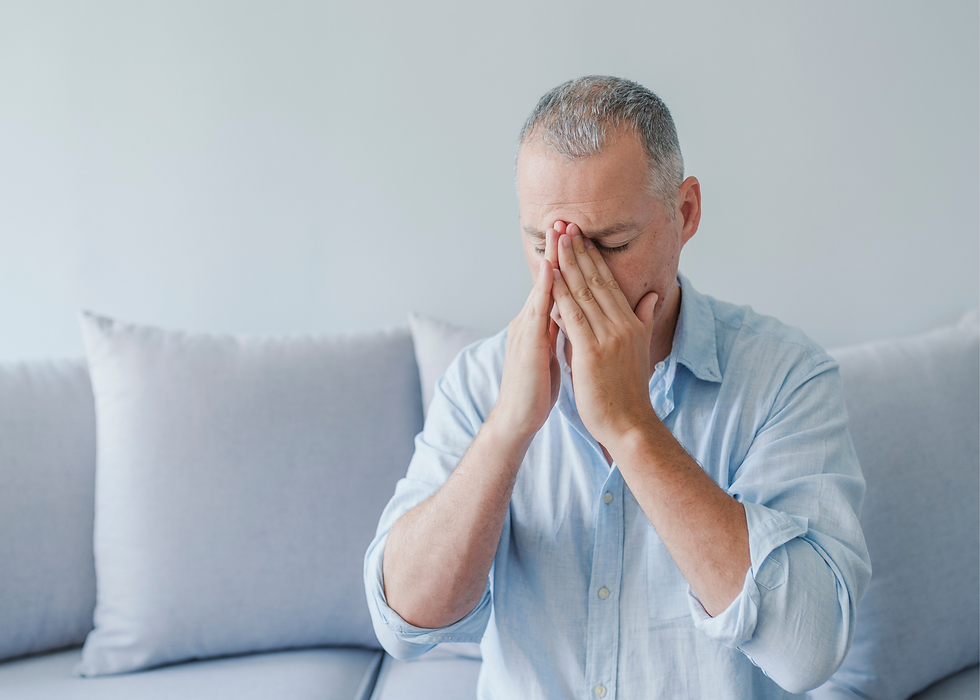What Are the Most Effective Migraine Treatment Options?
- Admin

- Jul 22, 2025
- 2 min read

More than just headaches, migraines are a complicated neurological disorder that can significantly lower one's quality of life. Characterised by intense throbbing pain, light sensitivity, nausea, and sometimes aura, migraines affect millions of Australians. But what options are available when it comes to migraine treatment, and how can individuals find lasting relief?
What Causes Migraines?
The exact cause of migraines remains unclear, though several triggers are commonly identified. These include:
Hormonal fluctuations (especially in women)
Certain foods and drinks (such as aged cheese, alcohol, or caffeine)
Stress or lack of sleep
Environmental factors like bright lights or strong smells
Genetic predisposition
Understanding what triggers an individual’s migraine is an important part of managing the condition.
Can Lifestyle Adjustments Help Prevent Migraines?
Yes, for many people, small changes in daily habits can significantly reduce the frequency and severity of migraine episodes. These may include:
Maintaining a regular sleep schedule
Staying hydrated throughout the day
Managing stress through relaxation techniques or mindfulness
Avoiding known dietary triggers
Tracking symptoms in a migraine diary
While lifestyle changes may not eliminate migraines entirely, they are often an important foundation in overall treatment.
What Medical Treatments Are Commonly Recommended?
There are two main categories of migraine medication: acute and preventive.
Acute treatments are taken at the onset of symptoms to relieve pain and include:
Over-the-counter pain relievers (e.g., ibuprofen or paracetamol)
Anti-nausea drugs for managing associated symptoms
Preventive treatments, on the other hand, are used regularly to reduce the frequency of migraines and may include:
Beta blockers or calcium channel blockers
Antidepressants or anti-seizure medications
CGRP inhibitors—a newer class of medications developed specifically for migraine prevention
Are There Non-Medication Options for Migraine Treatment?
Yes, some individuals benefit from complementary therapies such as:
Acupuncture, which has shown promise in reducing migraine frequency
Physiotherapy, particularly for migraines linked to neck tension
Biofeedback and cognitive behavioural therapy (CBT), which help manage stress-related triggers
It’s important to discuss these options with a qualified practitioner to ensure they’re suitable.
When Should You See a Specialist?
If migraines are frequent, debilitating, or not responding to general treatment, it may be time to consult a neurologist or headache specialist. Ongoing monitoring and a personalised treatment plan can lead to better long-term results.
Final Thoughts: Is Migraine Treatment One-Size-Fits-All?
Absolutely not. Migraine treatment is highly individual, and what works for one person may not work for another. By identifying triggers, exploring both medical and non-medical options, and working with healthcare professionals, many people can significantly reduce the impact of migraines on their lives.
If migraines are affecting your work, social life, or well-being, consider seeking expert support. Early intervention can make a world of difference.








Comments